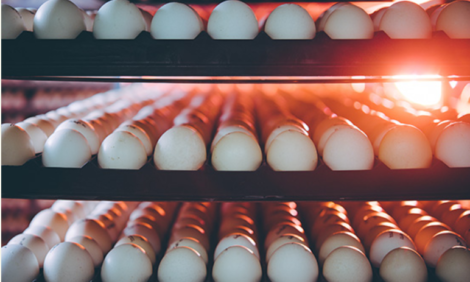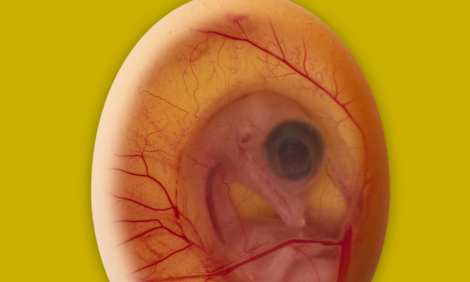



European Commission Makes Farm Incomes Priority
ANALYSIS - Farmers’ incomes are to be given top priority this year by the European Commission as it seeks to ensure “a fair return for producers for their products”.Speaking at the European Commission, Agriculture Commissioner Phil Hogan announced positive trade figures for the farming sector.
He said there had been a slight decrease in trade in October last year, but the latest figures for November saw agricultural trade for the EU reach €10.9 billion up by about €500 million on the same month in the previous year.
He said that EU exports to third countries have risen by 5.7 per cent in value with the USA and China taking the lion’s share and China replacing Russia as Europe’s second most important export destination.
He said that exports of agricultural produce had risen to Saudi Arabia, Turkey and South Korea in particular over the last year
Agricultural imports to the EU remained stable at €9.5 billion.
However, Mr Hogan said that despite these positive trade figures, agricultural incomes remained a priority.
Tassos Haniotis, director at DG Agri in the European Commission said that the main causes for the current crisis in the EU dairy sector, which is one of the main factors affecting farm incomes, were developments outside of agriculture, including the general fall in commodity prices including crude oil and developments in exchange rates particularly with the US dollar.
He said the dairy sector had been affected at the same time by the rapid growth of the dairy herd in 2013 and 2014 as the quota system was ended and by the slowdown in the Chinese market and the embargo put in place in imports from the EU by Russia.
He said that the EU is focused on targeting income by addressing the immediate cash flow difficulties that farmers were facing by stabilising markets, maximising the use of existing measures and attempting to improve the functioning of the supply chain.
He added that higher price signals in the context of oversupply will amplify price pressures and long-term competitiveness and market orientation of CAP need to continue.
Mr Haniotis said that the long-term level of crude oil prices and exchange rate volatility together with a continued sluggish general growth in GDP will affect the farming sector and farm incomes for the foreseeable future.
But the sector will not only be hit by low crude oil prices, but also the short-term and long-term impacts of climatic events, including from climate change and diverging productivity patterns.
He added that trade in both food commodities and food products remains strong and demand in most emerging economies will grow faster than their domestic production.
Despite significant declines, prices are still higher than pre-financial crisis levels and the terms of trade for agriculture may improve some if energy prices stay low.
He said that in the meat market the EU is going to see a continued decline in consumption but there will be a growth in consumption worldwide.
Production is expected to rise by about 1 million tonnes by 2025, mainly in the poultry sector and lower world prices will put pressure on EU meat exports.
In the dairy sector there will be a two per cent growth in consumption globally in the next 10 years and the EU is expected to see a growth in butter, and cheese consumption.
The EU supply in dairy products is expected to rise by 15 million tonnes by 2025.
However, Mr Haniotis added that for farm incomes, the lower price environment will drive a decrease in value of production but at the same time costs are also expected to fall and this will lead to higher income prospects than previously thought.
Commissioner Hogan said that the European Commission has also put forward a fairer system of penalties for errors made by farmers in their applications for direct support.
And he was changing the system to help farmers rather than penalise them by simplifying the complexities of the Common Agricultural Policy.
He added that farmers’ incomes will be helped by the new World Trade Agreement that does away with export subsidies around the world – a situation that has existed in the EU for several years.
“The deal will allow the playing field to be levelled for EU farmers and the food industry,” Commissioner Hogan said.
He added that the European Commission has also spent €720 million on various market safety measures to help farmers who are facing the challenges set by the Russian ban, the fall in demand in global markets and increase production from competitor countries.
The commissioner also said that the EU is looking to ease the potential for exports to other third countries such as Japan, Mexico, Indonesia, Colombia, China and Viet Nam through trade delegations and negotiations over sanitary and phytosanitary barriers.








